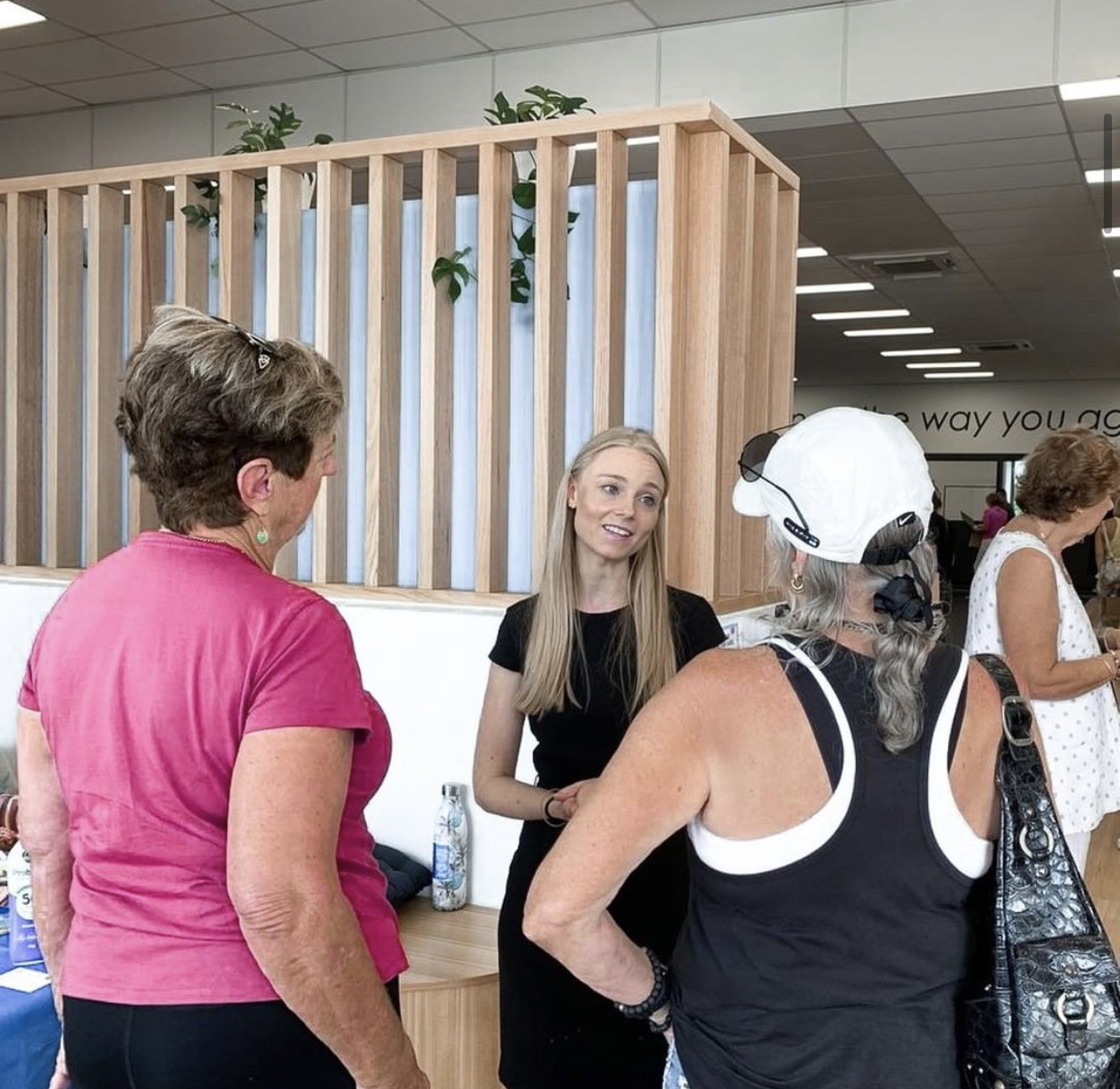Bowel Cancer – what are the symptoms?
Bowel cancer or colorectal cancer is known to affect the large part of the gut known as the colon and can affect the rectum. This type of cancer develops in the inner lining of the bowel wall, forming growths known as polyps. These polyps can become cancerous and invade other areas of the bowel, if left untreated, they may spread to different parts of the body.
The Statistics:
Approximately 15,494 Australians were diagnosed with bowel cancer in 2020. Bowel cancer affects both men and women and has the greatest impact on the over 50’s population.
Symptoms
As Bowel Cancer often begins as small polyps, there may not be any symptoms. However, a variety of symptoms may develop depending on the size and location of the cancer:
- Changes in bowel movements
- Abdominal cramps
- Constipation
- Narrow stools and/ or blood in stools
- Passing excessive amounts of gas
- Abnormal fatigue
- Unexplained weight loss.
If you have noticed any recent changes, please consult your doctor.
Screening and early detection
As people over the age of 50 are at the greatest risk of developing bowel cancer, it is important that you take the steps to get screened. Bowel screening known as the faecal occult blood test (FOBT), is a non-invasive test, offered to all Australian adults aged 50-74, every two years. This test is free and can be done in the comfort of your own home, for more information call 1800 118 868 or visit cancerscreening.gov.au.
What are the risk factors?
There are certain risk factors contributing to bowel cancer that are beyond one’s control. These include:
- Age: over 27% of newly diagnosed cases were in people between the age of 50-65 years.
- Hereditary conditions such as Familial Adenomatous, polyposis, Lynch Syndrome and MYH-associated polyposis may increase the risk of developing bowel cancer.
- Previous history of polyps, inflammatory bowel disease or previous diagnosis of colorectal cancer.
The good news is that there are some lifestyle factors that we can change to reduce the risk.
Modifiable risk factors include:
- High alcohol consumption
- Smoking
- Lack of physical activity
- Being overweight or obese
- High red meat consumption
- Poor diet
How is my diet linked?
The link between diet and bowel cancer is well documented with a variety of studies, reporting diets that include frequent consumption of processed meat have a 20% greater risk of developing bowel cancer. A diet rich in fruits, vegetables and whole grains has been seen to lower the risk of this type of cancer.
Here are a few ways to change your diet to keep your gut happy and healthy, and reduce your risk of bowel cancer:
- Eat red meat no more than 2 x per week. Research has found that high consumption of red meat leads to a 28% greater risk of bowel cancer.
- Consume more dairy. Studies suggest that consuming 400 grams of dairy per day reduces the risk of developing bowel cancer by 13%.
- Limit alcohol intake. The National Health and Medical Research Council recommends no more than 4 standard drinks per day and no more than 10 standard drinks per week.
- Increase fruit and vegetable consumption. Add fruit in with your morning snack: corn thins, peanut butter and banana or add sliced apple to yoghurt. Add vegetables into your favourite pasta sauces.
- Aim to eat 25g of fibre per day. Whole grain bread, pasta, and cereals; Brown rice and oats; Legumes and vegetables are excellent sources!
- Increase fish intake to 2-3 times per week. Oily fish such as salmon, sardines, and cod are the most recommended.
Although, bowel cancer can have devastating impacts if left untreated, early detection and maintaining a healthy diet are simple ways you can help to reduce your risk. The Australian Guide to Healthy Eating is a great resource to see how to maintain a healthy diet and lifestyle.
Dietitian bookings with Jean-Mari are by appointment

Jean-Mari is passionate about nutritional support pre or post bowel cancer diagnosis. With a wealth of experience in her field, let Jean-Mari support you with customised nutrition advice to maximise your wellness.
BURLEIGH, BUNDALL and MURWILLUMBAH // please contact to arrange a time.
TWEED // On-site every Thursday. Contact for an appointment.
PARKWOOD // On-site every Friday. Contact for an appointment.
Author: Munpreet Dillon – Student Dietitian // Edited: Jean-Mari Mouton

